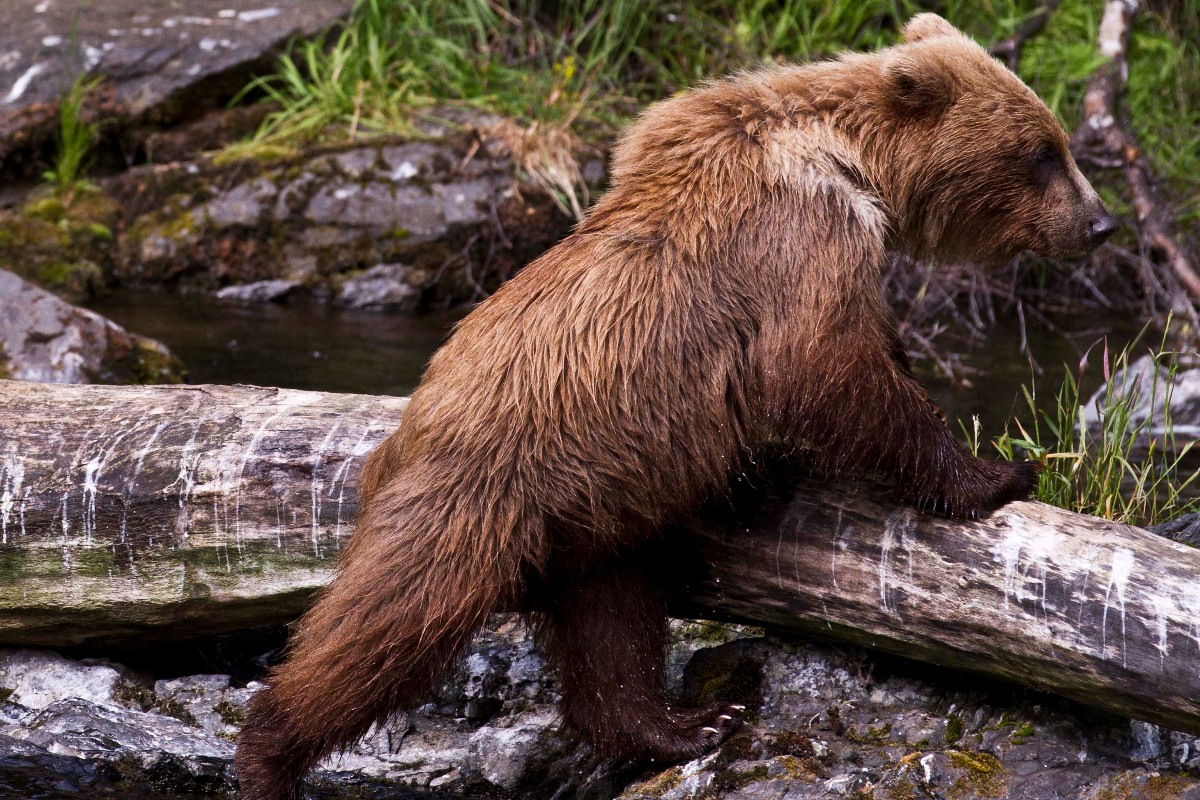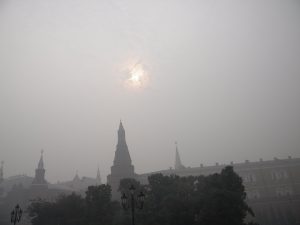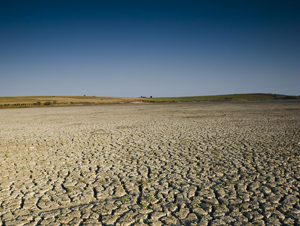 Photo courtesy of flicker user: Alaska Region U.S. Fish & Wildlife Service
Photo courtesy of flicker user: Alaska Region U.S. Fish & Wildlife Service
Russia’s Year of the Environment: Fact or Fiction?
In January, Russian President Vladimir Putin signed an executive order “in order to attract public attention to Russia’s environmental issues, preserving biodiversity and ensuring environmental security” 2017 will be the Year of the Environment in Russia. As 2016 draws to a close, with the Paris Climate Agreement’s signing and Russian lawmakers pledging to support green energy, the question now is what will Russia actually do in its declared “Year of the Environment?”
Renewables in Russia
With an increased focus on the environment, Russia could turn to substantial investment in renewables. Russia generates significant amounts of electricity from hydropower, but it still has significant untapped potential in wind, solar, geothermal, and other hydro sources. Much of this unrealized potential is in Siberia and the Russian Far East, far from large population centers. There are ambitious plans to connect these renewable power sources to an Asian Super Grid that would cross the Chinese border. While these plans are still in their infancy, they could incentivize connecting these far flung regions to populous areas within Russia.
However, the picture is not all bright. The recent economic downturn in Russia has dealt a blow to its renewable energy sector. The Ruble’s plummet in value made many projects too expensive as they rely on imported materials, such as the construction of 30 MW of solar power in Astrahan Oblast. Sanctions have also hurt funding for green projects, with international lenders such as the World Bank cutting their support. As long as Russia’s economic woes and Western sanctions continue, investments in renewables will be very difficult.
Pollution

photo courtesy of flickr user: Timon91
Pollution has been a problem in Russia since Soviet times. Industrial pollution has been wreaking havoc on Russia’s environment for decades and shows no signs of relenting. Environmentalists in Russia have called pollution public enemy number one, but the Russian government does not agree. A vast majority of its pollution occurs far from St. Petersburg or Moscow (the only city in which air quality is measured by the World Air Quality Index) where journalists rarely go. However, when they do, they find almost unlivable cities such as Norilsk.
Polluting industries help keep the Russian economy running and workers employed. Heavy industry and oil and gas are two of Russia’s main polluters, both of which are important to the Russian economy. As Russia’s economy continues to decline, it is unlikely that the Kremlin will introduce any costly policies aimed at cleaning up or reducing pollution.
Biodiversity

photo courtesy of flickr user: Valerie
Russians regard biodiversity favorably. Russia is one of the most biodiverse countries in the world and has years of legislation aimed at protecting its wildlife. They have numerous large national parks, covering an area of land larger than Germany. The government also helps fund many conservation organizations.
Unfortunately, as with pollution, many Kremlin goals do not line up with protecting biodiversity. While the Russian government is more concerned with biodiversity than with pollution, protecting ecosystems is not high on its priority list. Russia continues many damaging practices, such as unsafe oil and gas exploration on land and in the ocean, increasing haphazardly agricultural land, polluting, and letting wildfires rage out of control.
Environmental Security
 Environmental security is a big risk for Russia. As ASP has stressed again, and again, and again, climate and environmental security is an issue of both national and international security. In 2014, ASP released its Global Security Defense Index on Climate Change, detailing how nations around the world are preparing for and could be affected by climate change. The GSDI shows that the Russian military ranks climate change as a non-traditional security threat.
Environmental security is a big risk for Russia. As ASP has stressed again, and again, and again, climate and environmental security is an issue of both national and international security. In 2014, ASP released its Global Security Defense Index on Climate Change, detailing how nations around the world are preparing for and could be affected by climate change. The GSDI shows that the Russian military ranks climate change as a non-traditional security threat.
Unfortunately, Russia has never taken this threat. As ASP noted in the GSDI, some Russian politicians actually see Russia as a potential winner from climate change. Some believe that a warming climate would create more arable land, milder winters, and open up the Russian Arctic to shipping and hydrocarbon exploration. However, Russia stands to be hurt from climate change just as much as the rest of the world. Rising temperatures could adversely affect Russia’s current breadbasket of the Volga region as it dries. Melting permafrost continues to alter river patters and higher temperatures have exacerbated Russia’s wildfire problems. Additionally, Russia will almost certainly be affected by climate related migration from the former Soviet Republics of Central Asia.
No Progress
Despite Putin’s lofty rhetoric, the Year of the Environment will see little progress. There are multiple reasons for this. Firstly, Russia does not have the money to make substantial investments in the environment. The economic downturn in Russia and the drying up of Western investments due to sanctions will make securing sufficient capital for large-scale investment in the environment difficult.
The larger reason that nothing of substance will get done is that the Russian government may not want to get anything done. Despite making some conciliatory gestures toward the environment, they have no incentive to take meaningful action. Russia’s vast hydrocarbon reserves and highly pollutant industry allow Russia to make money off of environmental degradation.
Russia is also increasing pressure on environmental activists. Despite the upcoming “Year of the Environment”, environmental advocacy groups are under severe political pressure, with many being required to register as “foreign agents” within Russia. Other activists are being brought to court on trumped-up charges. It is very difficult to be an environmental activist in today’s Russia.
Russia’s reticence to address renewable energy seriously is showcased in its foot-dragging over the Paris Climate Agreement. Unlike most other signatories, Russia has not fast-tracked the Agreement for ratification. Russia is the largest producer of emissions yet to ratify the agreement. Additionally, Russia’s target of 25% – 30% below 1990 emission levels by 2030 is a misleading goal at best. In 2012, emissions were 50% lower than they were in 1990, Russia is actually able to increase its emission levels and still meet their goal.
More damning is that Russia has had a Year of the Environment before. 2013 was also the Year of the Environment and little was accomplished. This time around, the political will in Russia to do something is no higher, and Russia has less money and fewer places to get it from. History, economics, and a lack of political will all show that Russia will do nothing.





